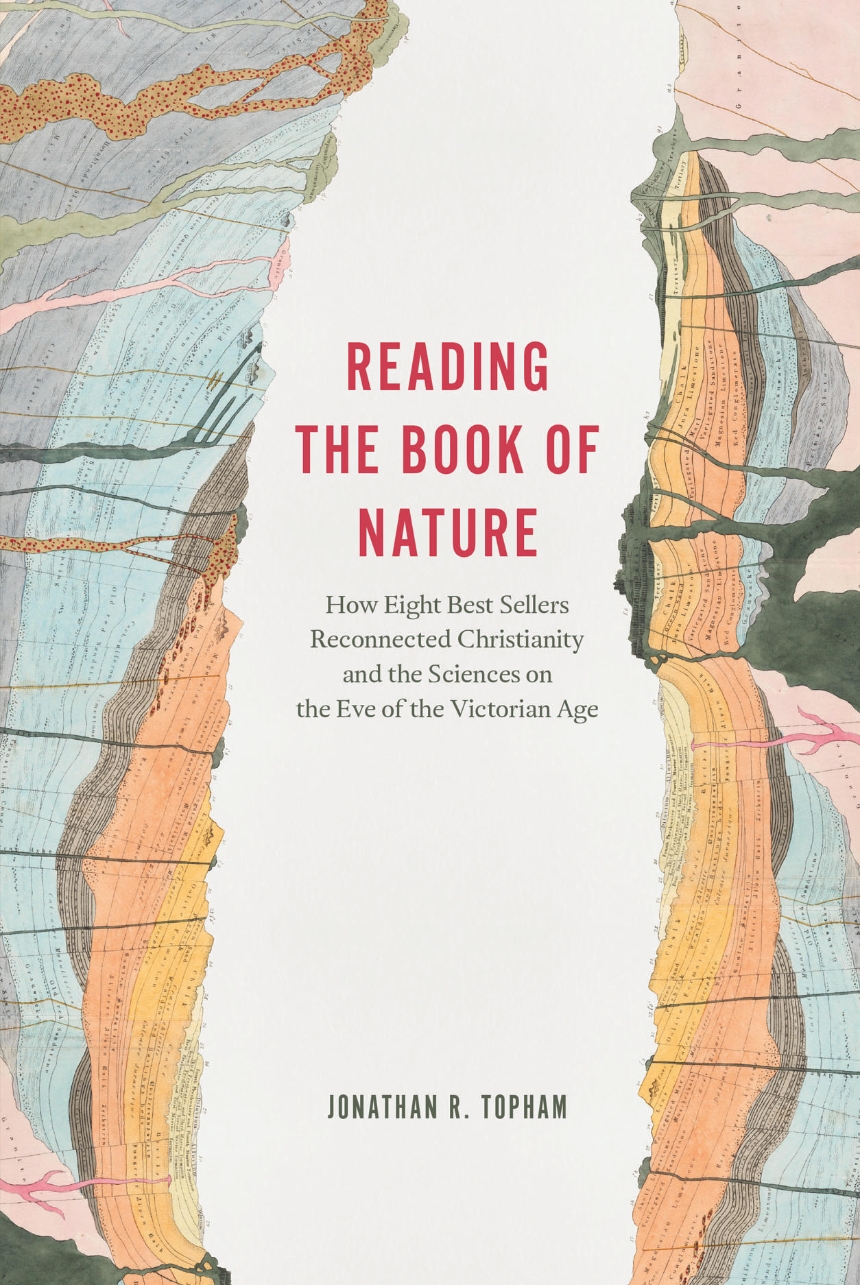Reading the Book of Nature
How Eight Best Sellers Reconnected Christianity and the Sciences on the Eve of the Victorian Age
Reading the Book of Nature
How Eight Best Sellers Reconnected Christianity and the Sciences on the Eve of the Victorian Age
Publication supported by the Susan Elizabeth Abrams Fund in History of Science
When Charles Darwin returned to Britain from the Beagle voyage in 1836, the most talked-about scientific books of the day were the Bridgewater Treatises. This series of eight works was funded by a bequest of the last Earl of Bridgewater and written by leading men of science appointed by the president of the Royal Society to explore "the Power, Wisdom, and Goodness of God, as manifested in the Creation." Securing public attention beyond all expectations, the series offered Darwin’s generation a range of approaches to one of the great questions of the age: how to incorporate the newly emerging disciplinary sciences into Britain’s overwhelmingly Christian culture.
Drawing on a wealth of archival and published sources, including many unexplored by historians, Jonathan R. Topham examines how and to what extent the series contributed to a sense of congruence between Christianity and the sciences in the generation before the fabled Victorian conflict between science and religion. Building on the distinctive insights of book history and paying close attention to the production, circulation, and use of the books, Topham offers new perspectives on early Victorian science and the subject of science and religion as a whole.
544 pages | 47 halftones, 2 tables | 6 x 9 | © 2022
History: British and Irish History, History of Ideas
Religion: Religion and Society
Reviews
Table of Contents
Introduction: Reading the Book of Nature
Prelude: Trouble over Bridgewater
Part 1 Writing
1 Becoming a Bridgewater Author
2 Writing God into Nature
Part 2 Publishing
3 Distributing Design
4 Science Serialized
Part 3 Reading
5 Science and the Practice of Religion
6 Preachers and Protagonists
7 Being a Christian “Man of Science”
8 Religion and the Practice of Science
Conclusion: “The Fashionable Reign of the Bridgewater Treatises”
Acknowledgments
Appendix A Note on Currency and the Value of Money
Appendix B British Editions of the Bridgewater Treatises
Appendix C British Reviews of the Bridgewater Treatises, 1833–38
Works Cited
Index
Awards
International Society for Science & Religion: ISSR Annual Book Prize: Academic Category
Won
Royal Historical Society: Whitfield Prize
Shortlist
